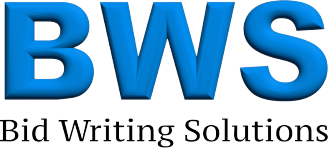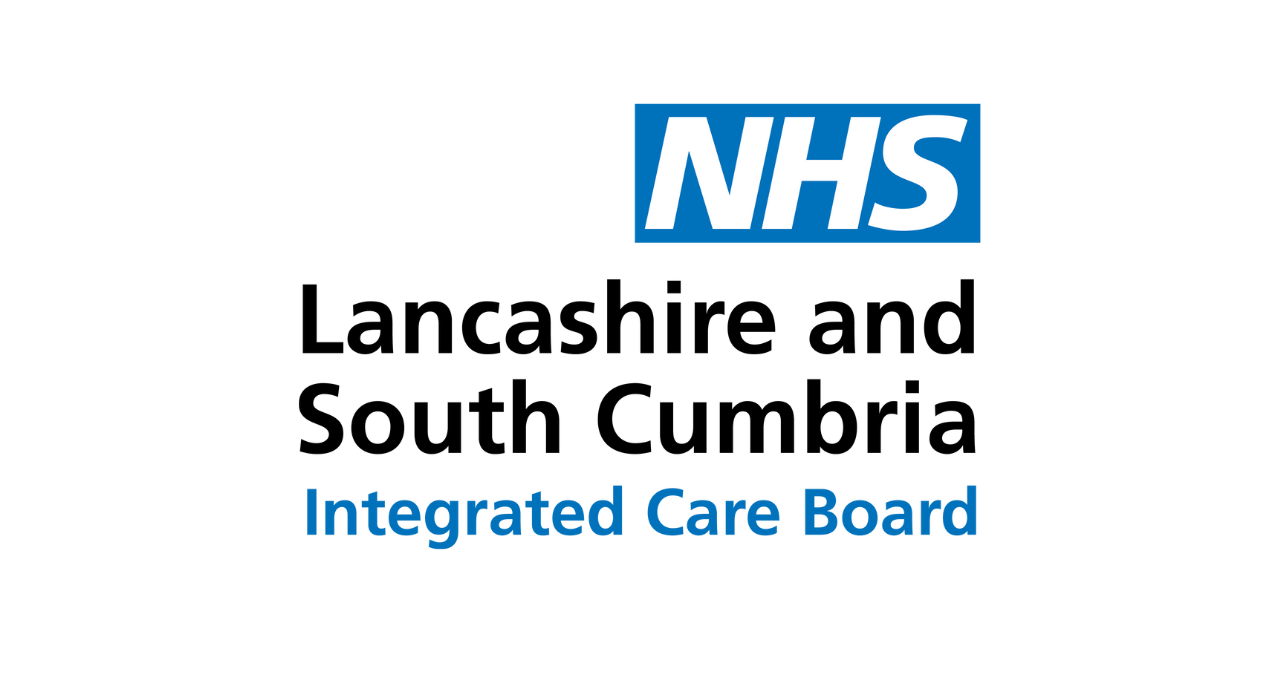Winning a tender is an art and science that requires precision, clarity, and a deep understanding of client requirements. To excel in bid writing, one must master the ability to communicate a compelling value proposition while adhering to strict compliance and submission guidelines. In this guide, we’ll explore the top 5 bids for writing a successful bid to help you consistently secure contracts for your organisation.
1. Fully Understand the Client’s Requirements
How to Implement?
The foundation of any successful bid is an in-depth understanding of the tender requirements. Before putting pen to paper, carefully review the following:
- Service specifications: What services or products are required?
- Evaluation criteria: What are the client’s priorities—price, quality, or innovation?
- Submission requirements: Ensure you understand word limits, formats, and deadlines.
Take the time to map your capabilities against the client’s needs. Assign a dedicated person or team to liaise with the client if clarification is needed.
Why It Strengthens Your Bid?
A clear understanding of the requirements ensures that your submission directly addresses the client’s priorities. This avoids unnecessary content and demonstrates your attention to detail and reliability.
2. Clearly Define Your Unique Value Proposition (UVP)
How to Implement?
To stand out from competitors, your bid must clearly articulate why your organisation is the best choice. Focus on:
- Past success stories: Use case studies or testimonials to prove your expertise.
- Innovative solutions: Highlight how your approach adds value beyond standard expectations.
- Cost-benefit analysis: Illustrate how your services provide long-term savings or efficiencies.
Be specific—back up your UVP with quantifiable data and real-world examples.
Why It Strengthens Your Bid?
Clients want to know what makes you different. A well-defined UVP shows that you not only understand their needs but also have the expertise and resources to deliver exceptional results.
3. Provide Evidence of Compliance and Quality Standards
How to Implement?
Demonstrating compliance is critical in bid writing, particularly in highly regulated industries like construction, healthcare, or government contracts. Include:
- Certification documents: ISO certifications, health and safety policies, and safeguarding measures.
- Inspection reports: Proof that your services meet legal and quality standards.
- Internal audits: Regularly update your compliance records to ensure they’re accurate and professional.
Collaborate with internal teams to gather and review this documentation before submission.
Why It Strengthens Your Bid?
By including up-to-date compliance records, you instill confidence in evaluators. This positions your organisation as trustworthy and capable of meeting regulatory requirements.
4. Offer Competitive Value Without Compromising Quality
How to Implement?
Balancing cost and quality is key to a winning bid. Avoid simply being the “cheapest option” by:
- Presenting a breakdown of costs: Show transparency and explain pricing structures.
- Justifying added value: If your bid is higher, provide clear reasons—better materials, longer service lifespans, or additional benefits.
- Demonstrating efficiency: Highlight processes that reduce waste or improve productivity.
Remember, clients appreciate bids that align with their budgets without sacrificing quality.
Why It Strengthens Your Bid?
A detailed pricing model reassures clients that your bid is cost-effective and realistic. Moreover, it shows that you’ve carefully considered their financial constraints while maintaining high standards.
5. Leverage Professional Bid Writing and Peer Reviews
How to Implement?
Bid writing is a specialised skill that requires clarity, persuasiveness, and technical accuracy. To optimise your chances of success:
Hiring an expert: If bid writing isn’t your team’s forte, invest in professional bid writers or attend workshops.
Use internal peer reviews: Have colleagues review the bid to spot errors, refine wording, and ensure compliance.
Regularly train your team on industry standards and best practices to improve future submissions.
Why It Strengthens Your Bid?
A polished, error-free bid reflects professionalism and competence. Peer reviews also ensure that the document is aligned with the tender’s specifications, improving the likelihood of acceptance.
Final thoughts
Writing a winning bid isn’t just about ticking boxes; it’s about demonstrating your organisation’s value in a way that resonates with evaluators. Whether it’s showcasing compliance, delivering innovative solutions, or refining your UVP, the strategies above will help you craft bids that are not only compliant but also compelling.
Need help crafting a standout tender?
Contact us today to maximise your agency’s chances of winning key contracts.
Ready to Supply to the NHS?
Partner with Bid Writing Solutions
Contact us for a free consultation, and let’s discuss how we can help your agency secure high-value NHS contracts.











